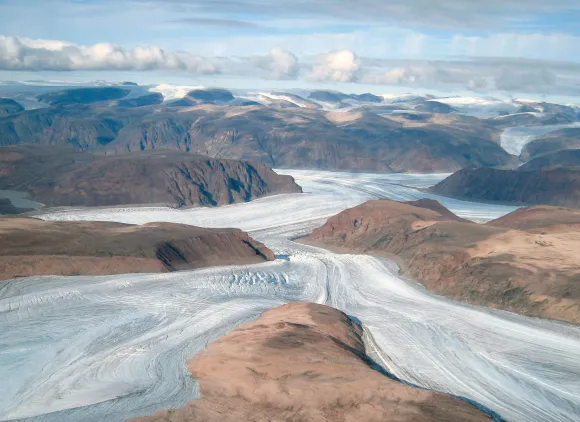Biography

Andres F. Clarens
Department of Civil and Environmental Engineering
The University of Virginia
Thornton Hall, Office: D220
351 McCormick Road
PO Box 400742
Charlottesville, VA 22904-1000
aclarens@virginia.edu
Committee term end date: June 30, 2023
Andres Clarens is an Associate Professor of Engineering Systems and Environment (Civil and Environmental Engineering) at the University of Virginia and Associate Director of the Pan-University Environmental Resilience Institute. His research is focused broadly on anthropogenic carbon flows and the ways that CO2 is manipulated, reused, and sequestered in engineered systems. The results of his work are important for developing efficient strategies for mitigating the emissions that are driving climate change and for understanding how infrastructure systems must be adapted to meet these changes. At the largest scales, his system-level modeling work has explored the life cycle of systems in the manufacturing, transportation, and energy sectors such as algae-to-energy processes and waterless fracturing. In the laboratory, he is pursuing complementary research in the phase behavior and surface chemistry of carbon dioxide mixtures at high pressure to develop new ways to store CO2 underground or derive carbon-negative cements. In the classroom, Prof. Clarens engages in peer-to-peer learning at both the undergraduate and graduate level with an emphasis on developing innovative tools for teaching the fundamentals of climate change. He is the recipient of the National Science Foundation CAREER award, the American Chemical Society Petroleum Research Fund Young Investigator Award and is a US Fulbright Fellow. He has held visiting faculty positions at Utrecht University (Netherlands) and the Technical University of Argentina. He is the incoming chairman of the Environmental Research and Education Advisory Committee for the National Science Foundation. In his spare time, he enjoys running, backpacking, fly-fishing, and traveling. He holds a B.S. in Chemical Engineering from the University of Virginia, and an M.S.E. and Ph.D. in Environmental Engineering from the University of Michigan.

